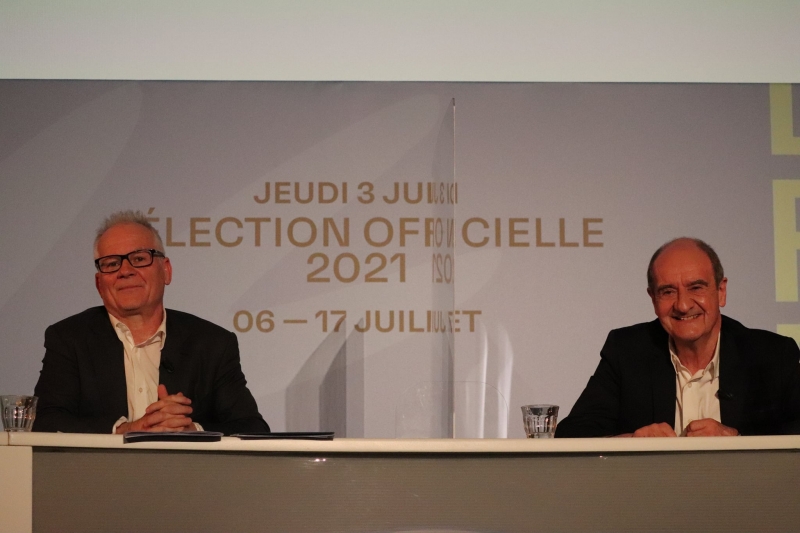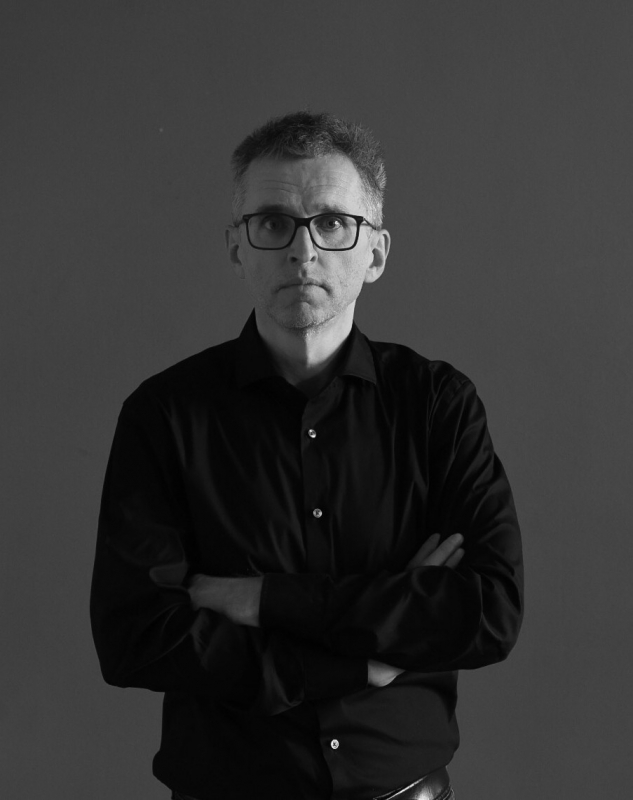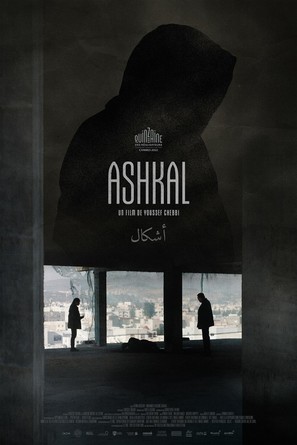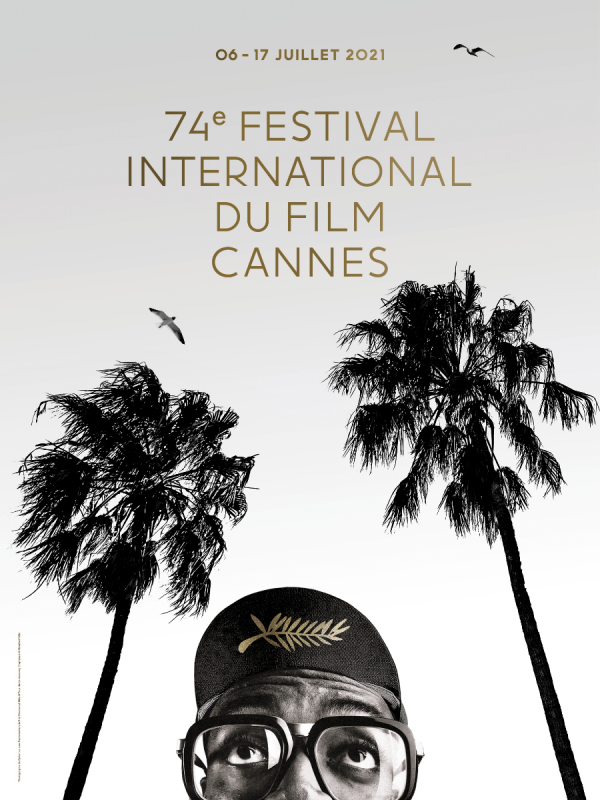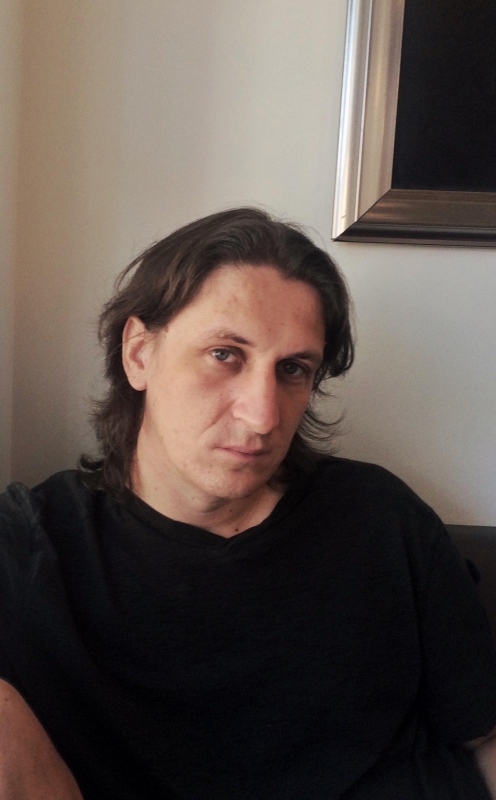|
|
||
|
Pro Tools
FILMFESTIVALS | 24/7 world wide coverageWelcome ! Enjoy the best of both worlds: Film & Festival News, exploring the best of the film festivals community. Launched in 1995, relentlessly connecting films to festivals, documenting and promoting festivals worldwide. Working on an upgrade soon. For collaboration, editorial contributions, or publicity, please send us an email here. User login |
Christophe Honoré on his new film Sorry Angel (Cannes Competition)
Christophe Honoré is one of the most iconic contemporary French writers and directors, mostly known for Beloved, Metamorphoses & Les Chansons d'amour. Sorry Angel (Plaire, aimer et courir vite), which tells the story of two gay men from different backgrounds who meet in the turbulent Paris of the 90s, premieres in Competition at the 71st Festival De Cannes.
Did the idea come from a very personal place?
It’s a mixture of very personal experiences and something I always wanted to talk about. Everyone thinks that sometimes directors wake up and know exactly what they want to do. I grew up in the 90s and of course this gave the main idea for the film, in addition to recent outrage in France regarding marriage equality. I always want to create dialogue and get people to talk, see both sides on screen and decide for themselves. This is my role as an artist.
You also refer to suicide, and you have done so in your previous work as well. Is there a deeper connection to that?
Many of the people I know, who suffered with AIDS, ended their life before the disease beat them. I filmed a scene which I later decided to drop in the editing, as I didn’t want to influence my audience, I want them to see it as a very personal experience.
How did you manage to transmit to your characters your idea of how you envisioned presenting the 90s on screen, since they are both very young and one has hardly been present during that times?
It’s difficult to tell. Personally i find that the more I say to my actors the least I communicate to them. Sometimes non-verbal communication is better. I gave them a book called “The line of beauty” which I think is very telling of what I imagined. Also I didn’t want it to feel nostalgic, because for those born in the 90s or before, this was their present.
Is the main character your alter-ego?
No, not at all, and I think my life is far less interesting. When I was a student in the 90s and I felt the necessity to be as true as possible to the people I knew and the history as I know it. There we so many people I worked with, who kept losing their lives to AIDS and I missed having them, having their reassurance when I became a writer and published my first book. So essentially the film is about their spirit, which I feel so present even today. It’s a conversation that I never managed to have in real life.
The mise-en-scene is amazing. There is one scene that stayed for me, the one with both characters in the bathtub. How did you manage to create this chemistry and atmosphere?
It’s all thanks to the characters. I thought it would be so difficult to shoot and that I’d have to use many different cuts of the scene for the final edit. Of course it’s uncomfortable for them to be naked in a cold bathtub with ten people around them. They have a long dialogue and this scene has a theatrical element, hence I really wanted it to be a single shot, in real time. I wanted the emotion and the anxiety to sparkle through happiness and laughter.
How do you approach sex scenes?
I’ve noticed before actors who hold their breath waiting for the second scene to be over, only because the directors are imposing it on them. For me it’s a contract, you have to ask your actors and get their permission to expose their bodies, their nudity. I also don’t like the moral hypocrisy of some directors who take their shot away from the characters and show the window or the wall instead. In La Vie D’Adele, I love the film buy I was terrified by the sex scene. I think Mr. Kechiche is abusing his power as male director over two young actresses.
If we had to interpret the characters relationship via today’s standards for dating and being with someone, would you find meeting points?
There are different trends and representations today. The film is a portrait of love and relationships in the 90s. It’s not only about dating, but also erotically, we behave very differently toward each today than back then. People are so much influenced by pornography today so it changed their fashion and mannerism, their approach toward sex and love. I want to hopefully be able to make a film about my experience today as a fourty-year-old gay man when I get to sixty in 2030.
Interviewed by Martin I. Petrov at Festival De Cannes 2018 05.03.2019 | Cannes's blog Cat. : 2018 cannes christophe honoré festival film german sorry angel Interviews PEOPLE
|
LinksThe Bulletin Board > The Bulletin Board Blog Following News Interview with IFTA Chairman (AFM)
Interview with Cannes Marche du Film Director
Filmfestivals.com dailies live coverage from > Live from India
Useful links for the indies: > Big files transfer
+ SUBSCRIBE to the weekly Newsletter Deals+ Special offers and discounts from filmfestivals.com Selected fun offers
> Bonus Casino
User imagesAbout CannesMy festivalThe EditorUser contributions |





















